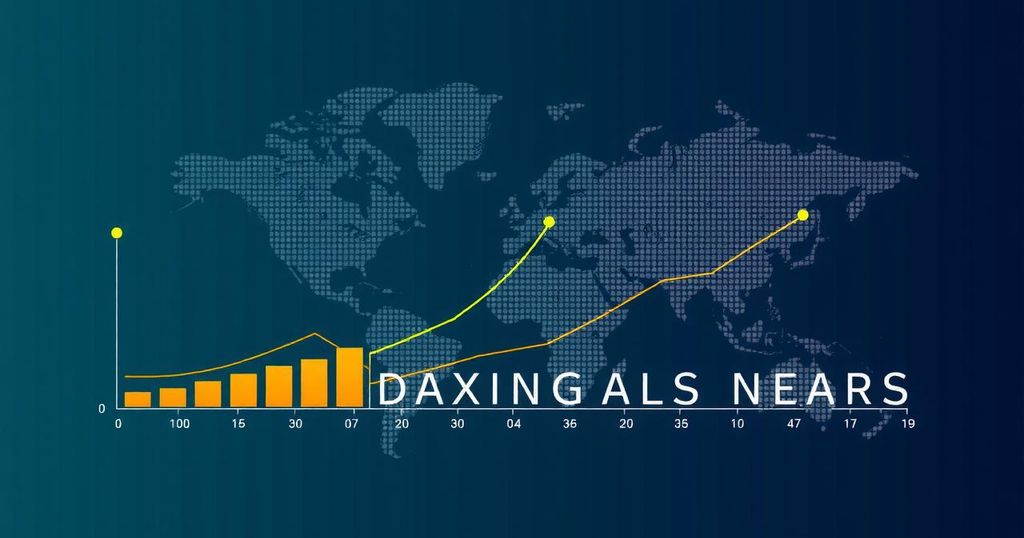Summary
Daxin Materials Corporation (TWSE:5234) experienced a remarkable increase in its market capitalization, soaring by NT$3.2 billion last week. This substantial rise has consequently benefited various public companies with vested interests in Daxin Materials. Key Insights The ownership structure of Daxin Materials indicates a significant involvement of public companies, which possess a combined 43% stake in the firm. This suggests that decisions made by these large shareholders greatly influence the company’s strategic direction. The top four shareholders collectively hold 53% of the shares, underscoring their substantial control over corporate governance. Additionally, institutional investors account for 13% of the total shares, indicating a level of credibility among professional investors. The stakes are high for these public entities—when the market cap surged, they reaped the benefits. An examination of the institutional ownership reveals that while institutions typically monitor their performance against benchmarks, their existing presence in Daxin Materials highlights the company’s growth potential. However, it is essential to remain cautious, as institutional investors may not always make prudent decisions, and significant sell-offs can lead to steep price declines. The largest stakeholder, Eternal Materials Co., Ltd., holds 23% of the shares, with the second-largest shareholder possessing 19% and the third holding 6.1%. Notably, CEO Cheng-Yih Lin holds a personal stake of 2.9% in the company. Given that the top four shareholders command over half of the company’s shares, their collective influence could significantly impact Daxin Materials’ future strategies. Insider Ownership Analysis Understanding insider ownership is crucial for assessing stewardship within the corporation. Our latest data reveals that insiders own shares valued at approximately NT$1.3 billion in the NT$21 billion company, indicating a commitment to the firm’s success. However, vigilance is advisable to ascertain whether these insiders are actively buying more shares. Public and Private Equity Involvement The general public, including retail investors, owns 32% of Daxin Materials and thus cannot be overlooked. However, this stake alone may not suffice to impact corporate policies unless aligned with the larger shareholders. Private equity firms possess a smaller 6.1% stake, allowing them to influence corporate strategy towards value creation. Conclusion In summary, public companies’ significant ownership (43%) in Daxin Materials indicates intertwined business interests, necessitating close observation of any shifts in this dynamic. While ownership structures provide valuable insights, they are only part of a broader assessment. Stakeholders must also consider existing warning signs—three of which have been identified regarding Daxin Materials. Furthermore, the future merit of this ownership structure hinges on evolving market conditions rather than historical performance alone. For a comprehensive understanding of potential future developments, I recommend reviewing the detailed analyst projections available through credible financial reports.
Original Source: simplywall.st

Leave a Reply